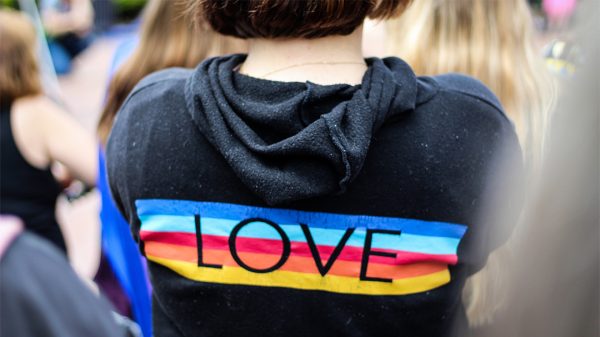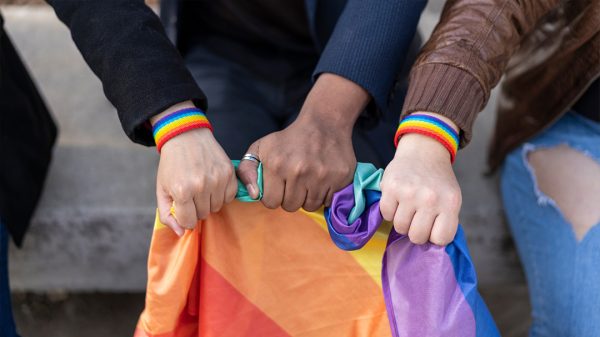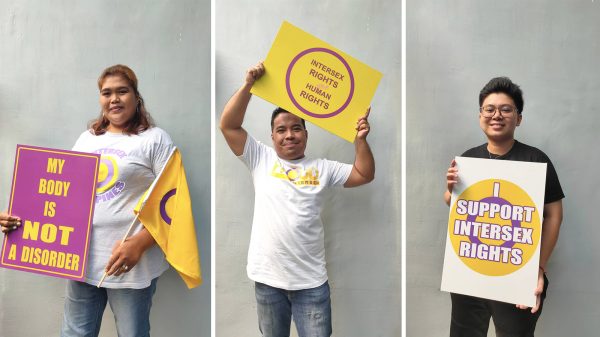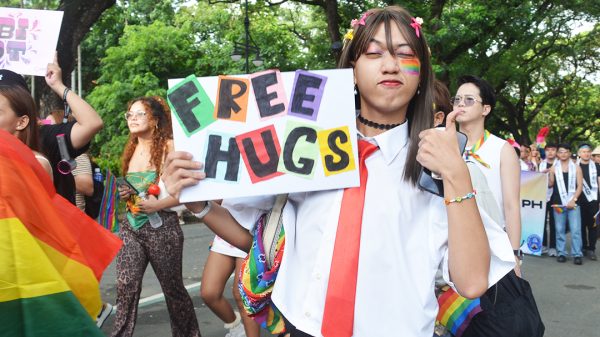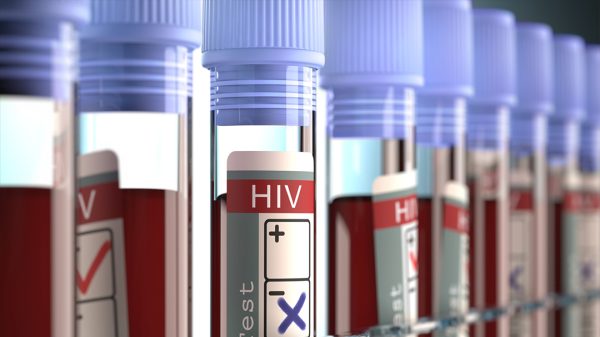Comparisons may not be essential, but LGBTQ people experience less stigma that might be expected from social and media perceptions when compared to people with mental health problems.
This is according to a presented at the ECNP conference in Milan, Italy.
Here, the researchers carried out two separate studies, measuring stigma via the Perceived Discrimination and Devaluation Scale. They first questioned 264 people about how mental health problems are perceived by society. The researchers also broke down the answers according to whether or not the respondents had experienced close contact with people with mental health problems or not. They then asked how they personally felt about people with mental health problems.
For the second part of the study, the researchers asked 124 people similar questions about how they felt society would perceive LGBTQ people, and how they themselves felt about them.
“It’s difficult for people to admit to any prejudice against a particular group, so we first asked participants what levels of stigma exists in society- this gave them a reference point In each case, we found that respondents perceived society to be less accepting of LGBTQ orientation or mental health problems than they themselves were,” said Charlie Evans (University of Cambridge), who conducted the study. “We found that the societal level of stigma against LGBTQ people was less than we might have expected. Personal and societal stigma against LGBTQ people is less than the level perceived against people with mental health problems.”
Evans said that the findings raise two questions: Why is societal mental health stigma perceived more strongly than LGBTQ stigma? And why do people with mental health problems self-stigmatize more than LGBTQ people?
“Perhaps this has something to do with the idea that a mental health problem is experienced as a personal deficit rather than an identity; there are no ‘mental health pride’ celebrations for example.”
Due to this, the researchers suggested that different approaches be used to reduce stigma.
“It seems awareness campaigns have helped reduce LGBTQ stigma, given that prior contact with LGBTQ people tends to reduce stigma, but this effect is less marked with mental health stigma. We need to be open in looking for what works with overcoming mental health stigma,” Evans said.
Commenting on the research, Professor Pedro Morgado (School of Medicine, University of Minho, Braga, Portugal).said: “The most relevant finding of the study is the existence of significant stigma both against LGBTQ people and against people with mental illness. These are early results and should be interpreted with caution, considering the risk of minimizing the severe impacts (also on mental health) of stigma and discrimination against LGBTQ people. Of course, LGBTQ issues relate to a stable and defining characteristic of individuals, whereas mental illness refers to a pathology.”



